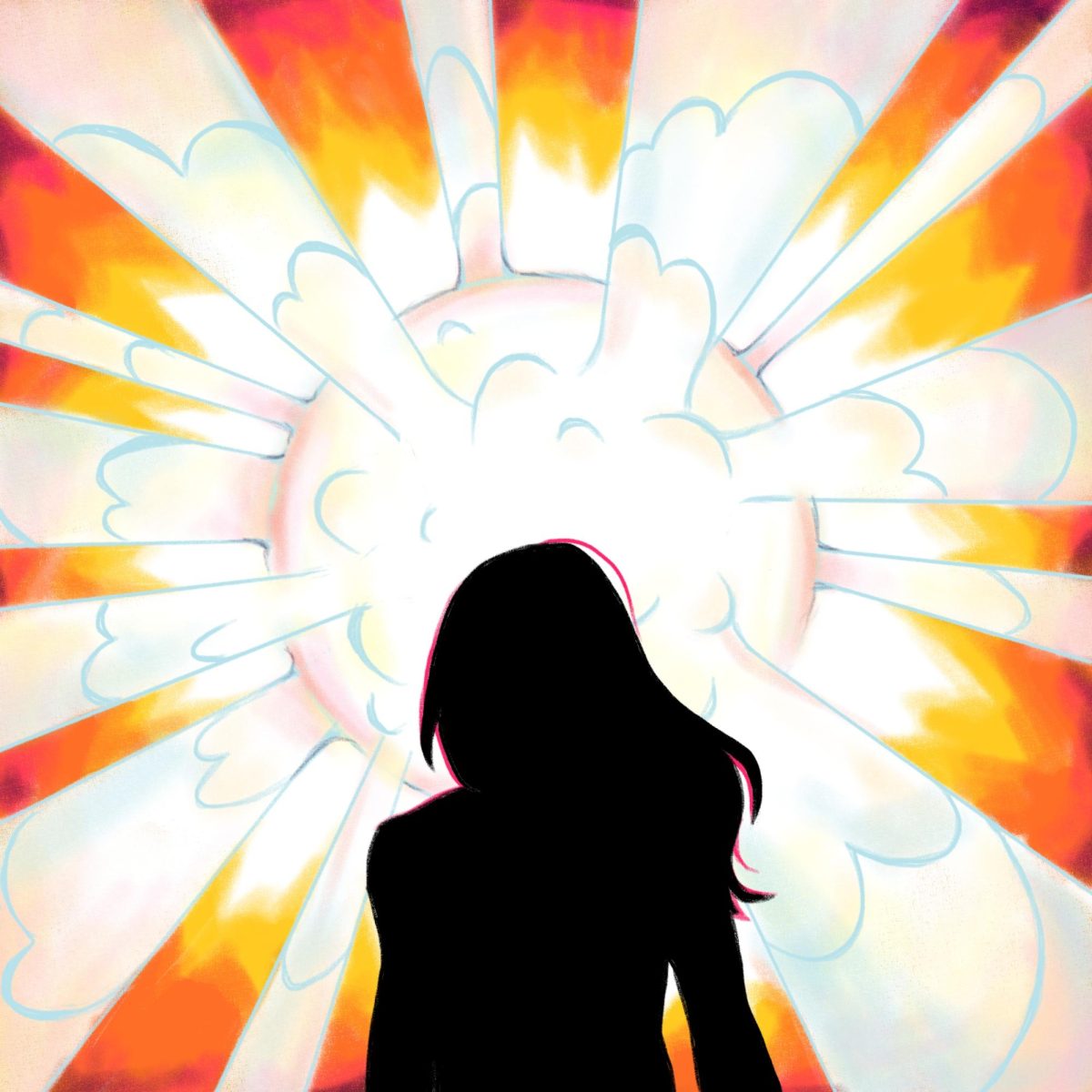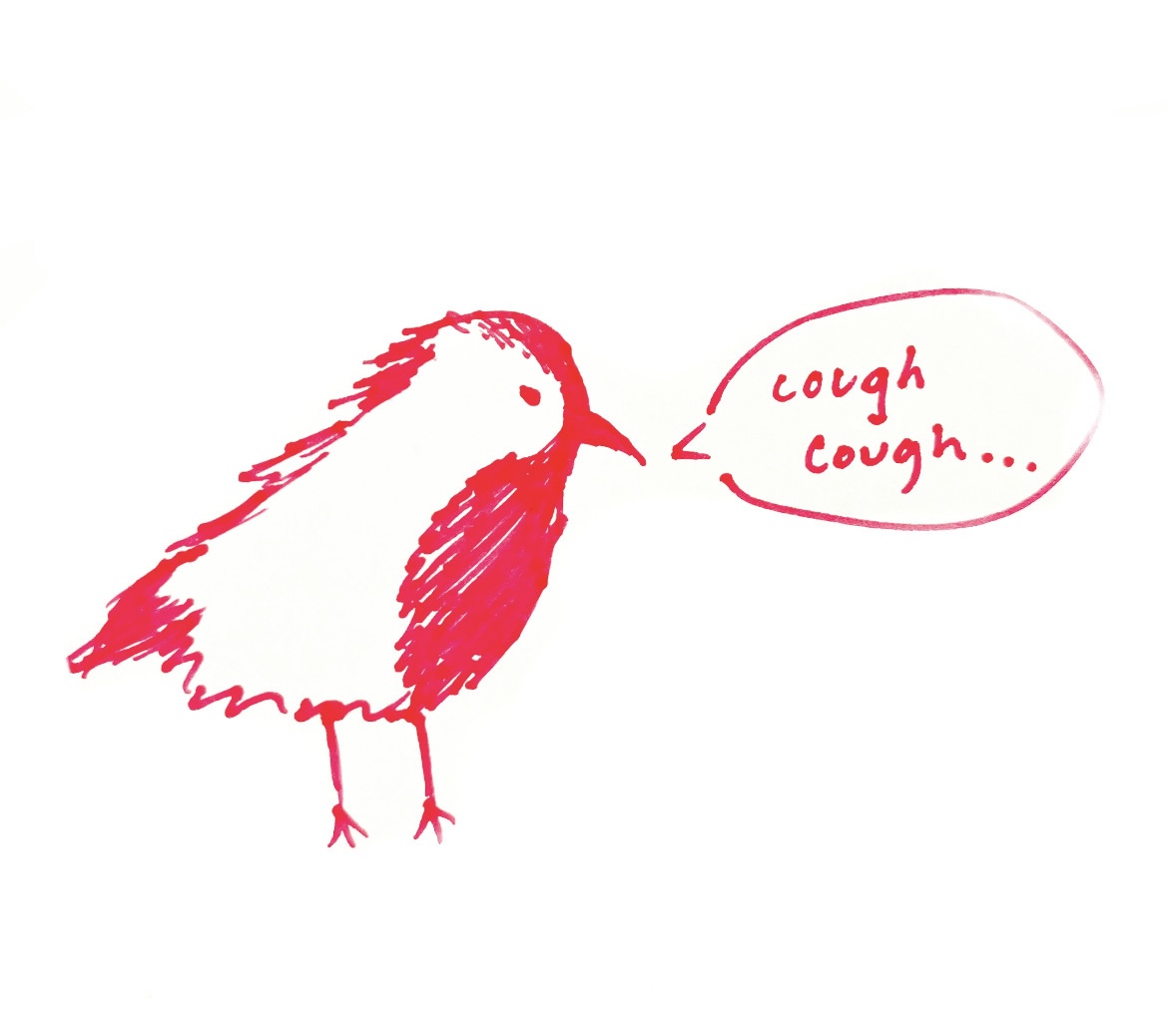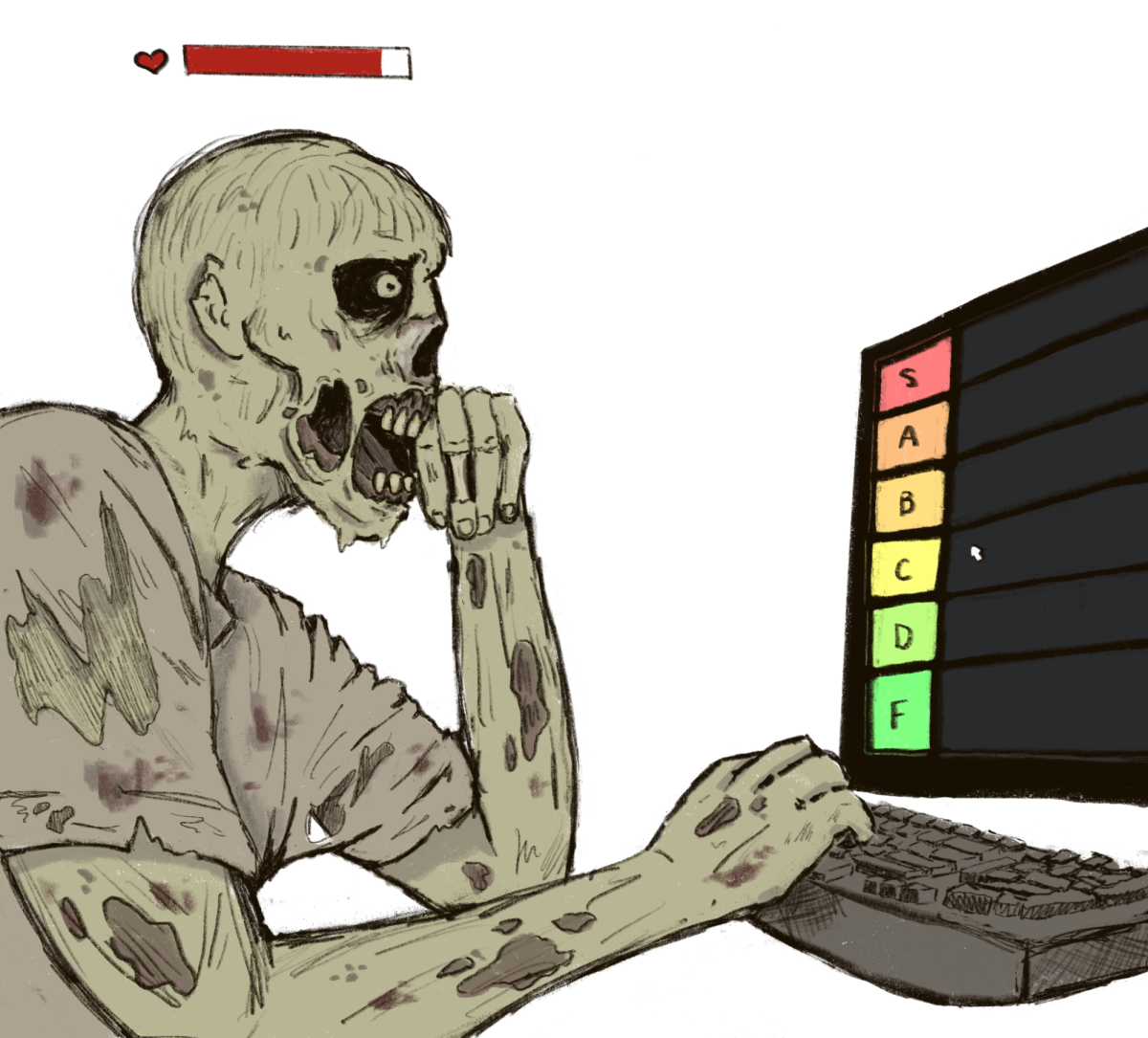hoot·en·an·ny (n.): 1. an Appalachian colloquialism that was used in early twentieth century America as a placeholder name to refer to things whose names were forgotten or unknown. 2. An informal musical session at which folk singers and instrumentalists perform for their own enjoyment.

It was just me with my ukulele in the passenger seat as I drove the dark twenty miles to Waitsburg on a cloudy Friday night.
“There’s a jam out in Waitsburg about once a month,” Craig would always say in passing during his hootenannies. “They play the same kind of stuff we do: you know, folk, gospel, hillbilly stuff. And a lot of them are really dang good.” After years of hearing about it, I finally decided to go and check it out for myself. After bumbling around the main street of Waitsburg with my ukulele in hand, I finally found the place: Coppei’s Coffee Co. The lights were on, the coffee was brewing and the bluegrass was rolling in from the back room.
I began my journey as a bluegrass enthusiast a couple of years ago when my Encounters professor, the now-retired Craig Gunsul, invited our class over to his place at the end of the year for a thing he called a hootenanny. He told us, if we were interested, to come by and bring our instruments for this hootenanny. I had been learning ukulele all year, and decided to bite the bullet and swing by. When I did, I found professors and students hanging out in Craig’s backyard, playing music and enjoying the May sunshine.
Turns out that this hootenanny business was something he’d been putting on at his place for years, inviting students, professors, community members––whomever was free for an hour and a half on a Sunday afternoon and wanted to hang out and play some music. The group of whomever shows up just goes around in a circle and picks a song out of Craig’s compendium of “Good Old Songs.” You don’t need to know much to go to one of these things: just how to play three or four chords and how to read lyrics off a page.
“If we’re not good, we just sing and play louder,” Gunsul tells newcomers. “But usually, it’s the students that are the more musically talented folks here.”
Over the past couple of years, I had come to enjoy and look forward to those Sunday hootenannies, but I always wondered about the jam sessions Craig would talk about here and there.
“Those guys at Jacobi’s, they can really play … a lot of them even practice for it!” “I had a heck of a time out at the Waitsburg jam. That was something else.” After a certain point, it wasn’t enough just hearing about it. I had to go check it out for myself. When I arrived at Coppei’s that Friday night, the music sounded good but I had no idea what this jam would be like. When I peeked into the back room, I saw Craig, Ron and a whole bunch of junior high/high school-aged kids jamming out in the back room. And these kids were good.
Turns out the kids are all part of the Waitsburg Bluegrass Club, directed by Kate Hockensmith. She’s been teaching kids to play bluegrass songs ever since her own children were about ten years old. Now her kids are off to college, but she’s gained more pupils since then.
“This is like their playtime,” said Hockensmith. “They look forward to this night, where they get to play and have fun and perform in the coffee shop.” They seemed inspired by “O Brother, Where Art Thou?”, particularly when they sang a beautiful rendition of Alison Krauss’ “I’ll Fly Away” from the movie’s soundtrack. The generational gap was stark between the old folks and the young guys, but everyone was having fun playing some good music.
Two weeks later, I got an email from Kate Hockensmith about the jam coming up that Friday at Jacobi’s. When I dropped by this time, I was met by a big group of people in a circle playing their music. But this time, instead of being one of the older folks in the circle, I was by far the youngest by at least a couple of decades. Still, I found myself in a community of people who knew everyone by their first name. Many years ago this bluegrass jam took place at the Patisserie, but the group eventually outgrew the venue. After years of moving, the group finally found a home in Jacobi’s Restaurant on Second Ave.
The majority of people at Jacobi’s were playing guitar and mandolin, and at first I felt slightly out of place with my uke. After a closer look around, I saw the number of multi-instrumentalists in the room as well as some oddball instruments that I’d never seen before. Not only are these people wicked instrumentalists, but some have been involved in this kind of music for quite a while. Jimmye and Glenn, I was told, were members of the Rye Grass String Band and have been playing in Walla Walla since the ’70s. As a group, the folks at the jam session have mastered hundreds of three-chord country songs, and the Rye Grass presence only adds to the unique musical vocabulary. A lot of the songs requested around the circle were songs Jimmye wrote himself.
After this whirlwind tour of Walla Walla’s bluegrass culture, I’m hooked. I know exactly where I’m going to be on Friday nights and Sunday afternoons from now on: planted in a coffeehouse, or a restaurant, or in Craig’s living room playing my heart out on my ukulele. That is, until that last song rolls around. At the end of that song, the singer will stick his or her foot out to let everyone else know to wrap it up.
If you would like to participate in one of these bluegrass jam sessions, there are many ways to get involved. On the first Friday of the month, there is a jam session at Jacobi’s at 7 p.m.; on the second Friday, there’s one in Dayton at the Skye Book & Brew at 6:30 p.m.; on the third Sunday, there’s one at Coppei’s Coffee Co. at 6 p.m. Craig Gunsul holds his hootenannies about every other Sunday at 2 p.m. at his home near campus. If you would like to get on his mailing list, write him an email at gunsulcj@whitman.edu.





















